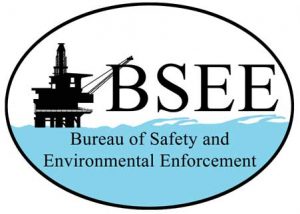 Ordinance 52-19 became effective in April 2019 and expands upon existing San Francisco Building Code registration requirements for “Vacant or Abandoned” “Commercial Storefronts.”
Ordinance 52-19 became effective in April 2019 and expands upon existing San Francisco Building Code registration requirements for “Vacant or Abandoned” “Commercial Storefronts.”
A storefront becomes “Vacant or Abandoned” once it has been unoccupied for 30 days (among other earlier triggers for blighted or unsecured storefronts). A “Commercial Storefront” is broadly defined as “any area within a building that may be individually leased or rented for any purpose other than Residential Use as defined in Planning Code.” (See § 103.A.5.1 of the San Francisco Building Code.) So, a building that is 97% leased could still contain a Vacant or Abandoned Commercial Storefront, which would technically require registration under the Building Code.








